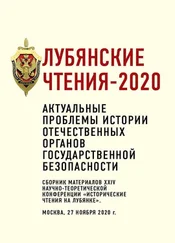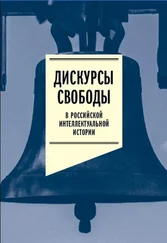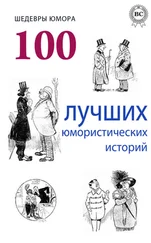Welsh rare-bits– Welsh rarebit is a dish of melted cheese, toasted bread and other ingredients
Queen Anne house —the English Baroque architectural style belonging to the time of Queen Anne (reigned 1702–1714)
Elizabethan dwelling-house —architecture of early Renaissance
auto-da-fé —from Portuguese ‘act of faith,’ a public execution in the times of Inquisition.
Ring of Pope Borgia– Pope Alexander VI, born Roderic de Borja was one of the most controversial Renaissance popes. Rumored to be in possession of a hollow ring used to poison the drinks and meals of the Borgia enemies.
Popish Plot(1678) – a fabricated plot, according to which Jesuits were planning the assassination of King Charles II in order to bring his Roman Catholic brother, the Duke of York (afterward King James II), to the throne.
Fellow —a person who takes a post-graduate course at a university
Polyaenus —2nd century Macedonian author, known for his book ‘Stratagems in War’
Sortes Biblicae– a method of fortune-telling, which consisted in using literature in a random way in search for instructions.
Pantechnicon– a kind of van for moving the furniture.
Dahlenberg’s Suecia antiqua et moderna– a large collection of engravings gathered by Erik Dahlbergh in the mid-17th century
De la Gardie– a Swedish noble family of French origin
Liber nigrae peregrinationis —black Pilgrimage (Latin)
potter’s field– cemetery for poor people and beggars (from the Bible: a piece of land bought with Judah’s money)
malforming disease– a defect in the body due to abnormal before-birth development
afrite from the halls of Eblis– Ifrit, a supernatural creature in Arabic and Islamic folklore; Eblis is the chief evil jinni in Islamic mythology.
Ptolemaism– demonstration of Ptolemy, 2nd century geographer and astronomer, that the earth is the fixed center of the universe around which the sun and the other planets revolve
Sabbatarianism– the practice in Judaism and some Christian sects of keeping the seventh day holy
Tartarus– in Greek mythology, a dungeon of torment and suffering for the sinful
simianism– likeness to monkeys or apes
Baudelaire– Charles Baudelaire (1821–1867), French poet, the author of the famous ‘Flowers of Evil.’
Elagabalus(Heliogabalus) – Roman Emperor from 218 to 222, became emperor being fourteen years old; his reign is remembered for sexual scandal and religious controversy.
St. Eloi– the Battle of St. Eloi Craters (Belgium), fought from 27 March to 16 April 1916. The Canadian troops were defeated by the Germans.
ventriloquilly– ventriloquism is an act in which a person changes his or her voice so that it sounds as if is coming from elsewhere (speaking from the stomach)
Mesmerism– the so-called ‘animal magnetism,’ named after German doctor Franz Mesmer. In the 18th century it was believed to be an invisible natural force exerted by animals (hypnotism).
in articulo mortis– at the moment of death (Latin )
nom de plume— a pen name (pseudonym)
John Randolph– perhaps, American ‘Old Republican’ politician (1773–1833)
clairvoyance– from French ‘clear’ and ‘vision’; it means the ability to get information by means other than the known senses, i.e., a form of extrasensory perception.
phthisis– an archaic name of tuberculosis
verbatim – word for word ( Latin )
rapport – close relationship, in which people understand each other very well
baroques – relating to a dramatic style of art common in the 17th and early 18th centuries; having too many details.
Fiend Intemperance– the phrase refers to the narrator’s alcoholism. Intemperance is a lack of self-control in drinking alcohol.
faro table– Faro, or Pharaoh is a late 17th century French gambling card game
Pausanias– a Greek traveler and geographer of the 2nd century AD
theAmerican War(1775–1783), or War of Independence; the rebellion of thirteen of the North American colonies of Great Britain who declared themselves independent.
bizarrerie — extremely strange and unusual, amusing thing
fag– a junior boy who acted as a servant to a senior boy at a British public school
sacque(or sack-back gown) – a women’s fashion of the 18th century
Roundhead– the name given to the supporters of the Parliament during the English Civil War who fought against absolute power of King Charles I. Some of them wore their hair closely cropped round the head in contrast to the long ringlets of Royalists.
William at the Revolution– William III of Orange (1650–1702) in the so-called ‘Glorious Revolution’; on 5 November 1688, William invaded England and deposed King James II.
Whig and Tory– members of two opposing political parties in Britain. Originally, ‘Whig’ and ‘Tory’ were terms of abuse. Whig (from Scottish Gaelic) was a horse thief. The Whigs fought for excluding the heir from the throne. Tory (an Irish term) meant a papist outlaw; they supported the hereditary right of the king.
against the stomach of his sense– ‘You cram these words into mine ears against / The stomach of my sense.’ William Shakespeare, ‘The Tempest,’ Act 2, Scene 1.
out at elbows– ragged or impoverished
auld lang syne– a Scottish song originating from the poem by Robert Burns (1788), sung to the tune of a traditional folk song. Means ‘long, long ago,’ ‘For auld lang syne’ can be translated as ‘for (the sake of) old times.’
Читать дальше
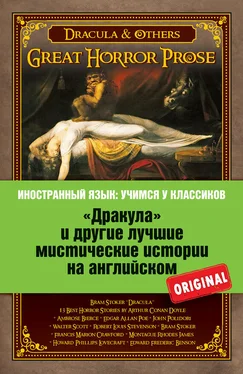

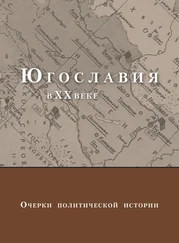

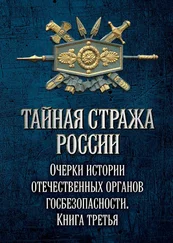
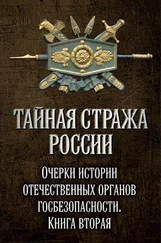
![Коллектив авторов - Все в прошлом [Теория и практика публичной истории]](/books/430176/kollektiv-avtorov-vse-v-proshlom-teoriya-i-praktika-thumb.webp)
